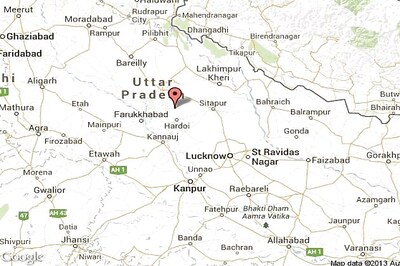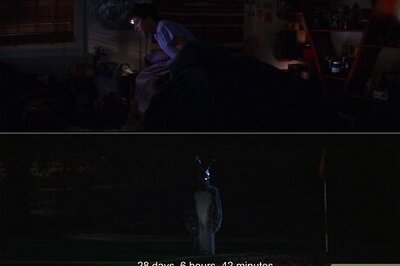
views
VANCOUVER/TORONTO: A Canadian border official testified on Friday he received an “out of the ordinary” request from the FBI for the phone number of the supervisor on duty the next day when Huawei Chief Financial Officer Meng Wanzhou was to arrive in Canada.
Bryce McRae, a superintendent with the Canada Border Services Agency (CBSA), testified in British Columbia Supreme Court that the FBI did not in fact call agents at Vancouver International Airport the following day.
The call from the Federal Bureau of Investigation employee lasted “maybe a minute or two” and was “out of the ordinary,” McRae said. He informed her that he would be on duty and gave her his number, but did not know why she asked for it.
Meng’s lawyers have argued that the FBI conspired with the CBSA, the Canadian federal police and others at the time of her arrest to mount a “covert criminal investigation.”
Meng, 48, was arrested on a U.S. warrant while on a layover at the airport, bound for Mexico. The United States charged her with bank fraud, accusing her of misleading HSBC about Huawei Technologies Co Ltd’s business dealings in Iran, causing the bank to break U.S. sanctions.
Meng has said she is innocent and is fighting the charges from Vancouver where she is under house arrest, monitored by private security at her home in the upscale neighborhood of Shaughnessy.
This week’s witness cross-examination forms part of Meng’s U.S. extradition hearing, where her lawyers have tried to back their claims that her rights were abused during her arrest and errors were made, such as the sharing of her passcodes with police.
Prosecutors for the Canadian government have tried to prove that Meng’s arrest was by the book, and any lapses in due process should not affect the validity of her extradition.
Earlier on Friday, Scott Kirkland, another border official who questioned Meng before police arrested her, told the court he was “red-faced” when he realized he mistakenly gave her phones’ passcodes to the police.
“It was heart-wrenching to realize that I’d made that mistake,” Kirkland said when asked by defense attorney Mona Duckett why the Royal Canadian Mounted Police (RCMP) had the passcodes and identifying details for Meng’s electronic devices that Kirkland had noted down.
Witness testimony has gone slower than expected. The court has scheduled an additional 4-1/2 days of hearings for testimony in mid-November, in addition to a second week already set for the end of November. Three more days in December will potentially be added, pending court scheduling.
Meng’s extradition hearings are meant to wrap up in April, although the potential for appeals means the case could drag on for years.
Meng’s arrest has strained diplomatic relations between Ottawa and Beijing. Soon after her detention, China arrested two Canadian citizens on espionage charges.
Read all the Latest News and Breaking News here




















Comments
0 comment